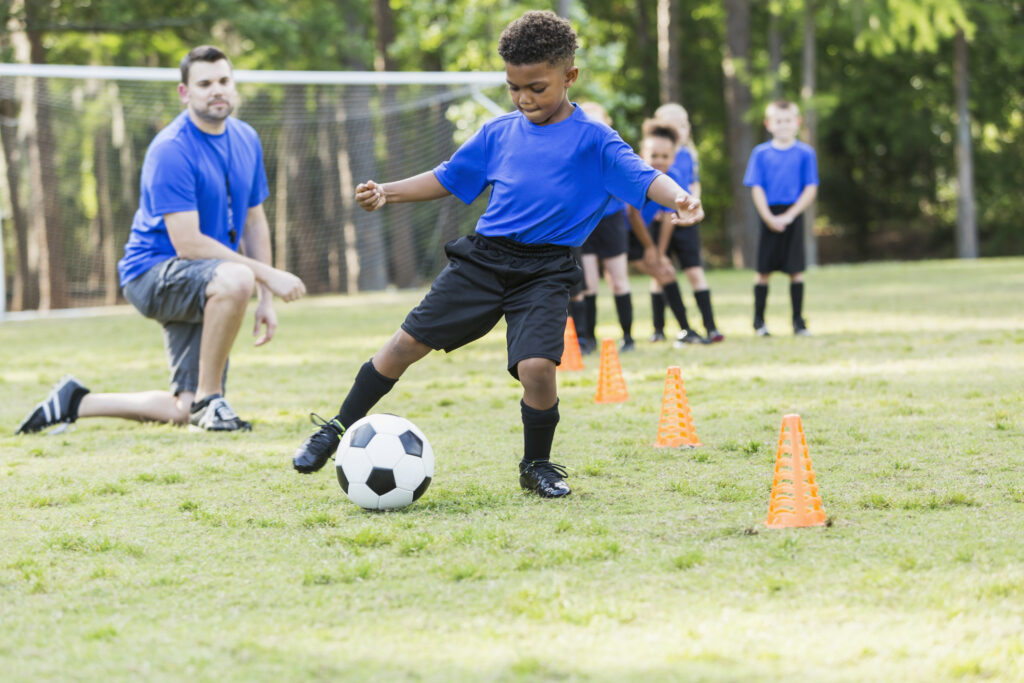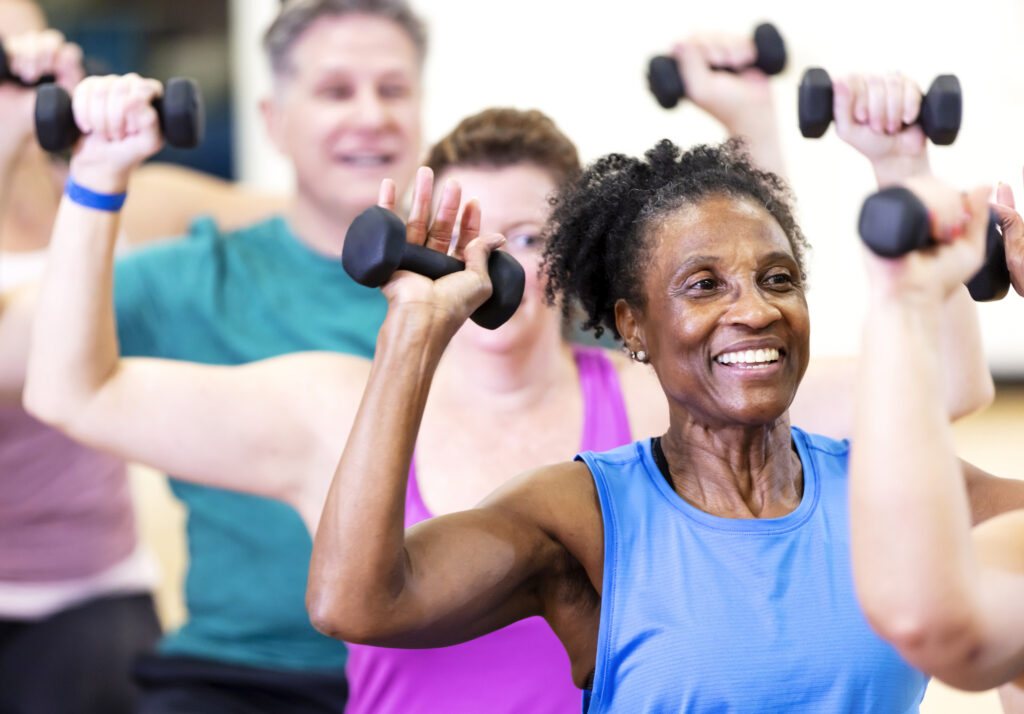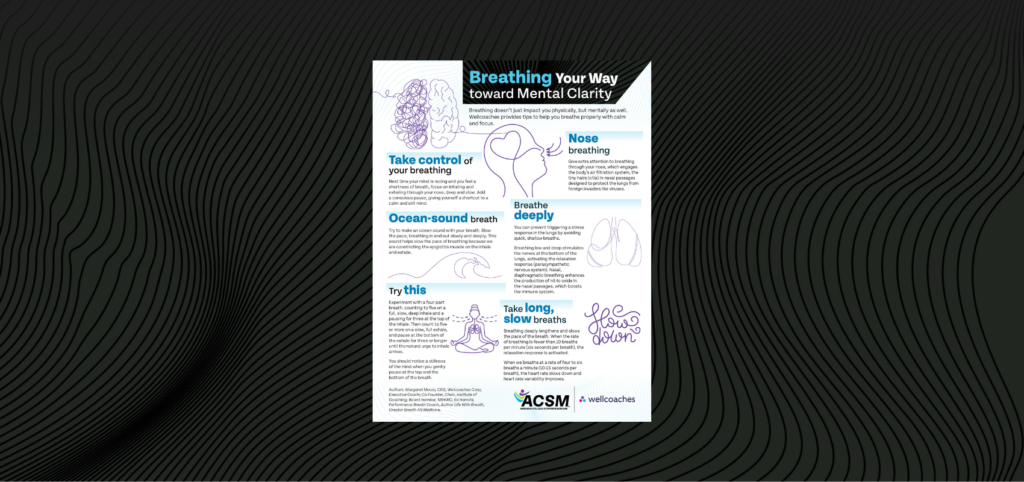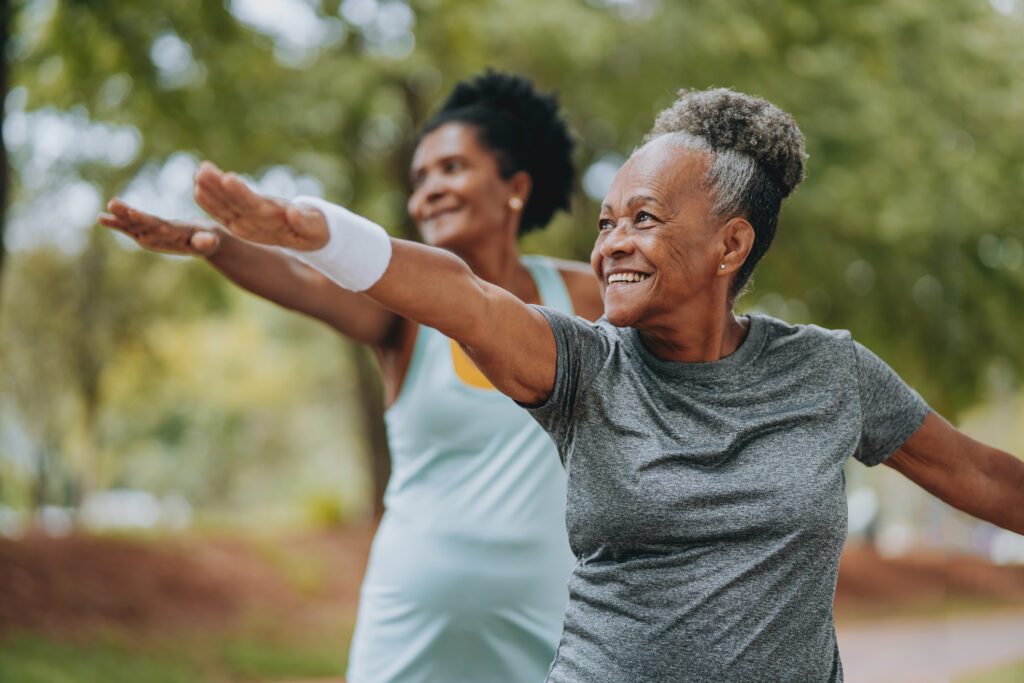Associations between Physical Health and Brain Health: Uncovering the Brain-Fitness-Adiposity Relationship in Children

Childhood obesity is an epidemic affecting over 340 million youth worldwide, with rates continuing to increase each year. Importantly, childhood obesity does not occur in isolation, as rates of physical inactivity are also increasing, with children and teens being less physically active now than in the past. These areas of public health are incredibly interrelated, […]
Adolescents with Sport-Related Concussion Recover Faster When They Adhere to an Aerobic Exercise Prescription

Patients with sport-related concussion have traditionally been advised to employ strict physical and cognitive rest until all of their symptoms resolve, i.e., until they become asymptomatic. This “cocoon therapy” was based largely upon animal research showing that early uncontrolled physical activity delayed recovery from simulated concussion. Emerging evidence over the past decade, however, demonstrates that there is […]
Computational Neuroscience Approaches to Exercise Behaviors in Older Adults

Engagement in physical exercise has shown widespread benefits on cardiovascular, physical, emotional and cognitive health in older adults. However, initiating and sustaining an exercise routine over the long term (e.g., six months or more) is incredibly challenging. Our historical understanding of the factors that determine engagement in physical exercise comes from psychological and psychosocial theories, […]
Air Pollution Diminishes the Benefits of Physical Activity for Brain Health

Physical activity is recognized as one of the key healthy lifestyle behaviors that reduces the risk of developing dementia late in life. Physical activity requires increased rates of respiration. Thus, in areas with high levels of air pollution, physical activity may increase exposure to particulate matter and gases that are linked with higher risk of […]
Breathing Your Way toward Mental Clarity

Breathing doesn’t just impact you physically, but mentally as well. This infographic shares breathing exercises to help you or your clients control breathing as a way to improve mental health.
Can We Rewrite the Self-Care Script?

Frankly, the last thing I want to do today, personally and professionally, is to tell you to practice self-care. Given that I have been promoting self-care practice since 1992, it feels odd and uncomfortable to say this to you. It also feels a little scary, given we all know that self-care is a key to […]
Integrating Eastern Mindfulness Movements into Exercise Routines in the Era of the Pandemic

Take a look at the mass media and social media you are currently watching or reading in the month of May. What do you see? Most likely, you see articles mentioning Mental Health Awareness Month, Asian American and Pacific Islander Heritage Month, and exercise or physical activity recommendations in the era of the COVID-19 pandemic. […]
Cognitive Benefits of Physical Activity for Older Adults

Physical activity improves both physical and cognitive health, especially among older adults. Cognitive health encompasses many aspects of our daily functioning: memory, maintaining attention and concentration, dealing with distractions, solving problem and making decisions. Those cognitive functions tend to decline as we age, and physical activity can greatly prevent cognitive decline. For example, a meta-analysis has shown […]
Mental Health Awareness and the Role of Exercise Professionals

May is Mental Health Awareness month, which the American Heart Association calls “a time to raise awareness of those living with mental or behavioral health issues and to help reduce the stigma so many experience.” We might increase awareness by letting people know about the National Suicide Prevention Lifeline, which provides around-the-clock emotional support for people in crisis. […]
Effects of Physical Activity on Mental Health in Vulnerable Populations

If you or someone you know is managing a mental illness, then you or they are not alone. Many Americans struggle with mental illnesses. Almost one in five adults live with a mental illness (52.9 million in 2020). Mental illness is defined by the National Institute of Mental Health as a mental, behavioral or emotional […]
